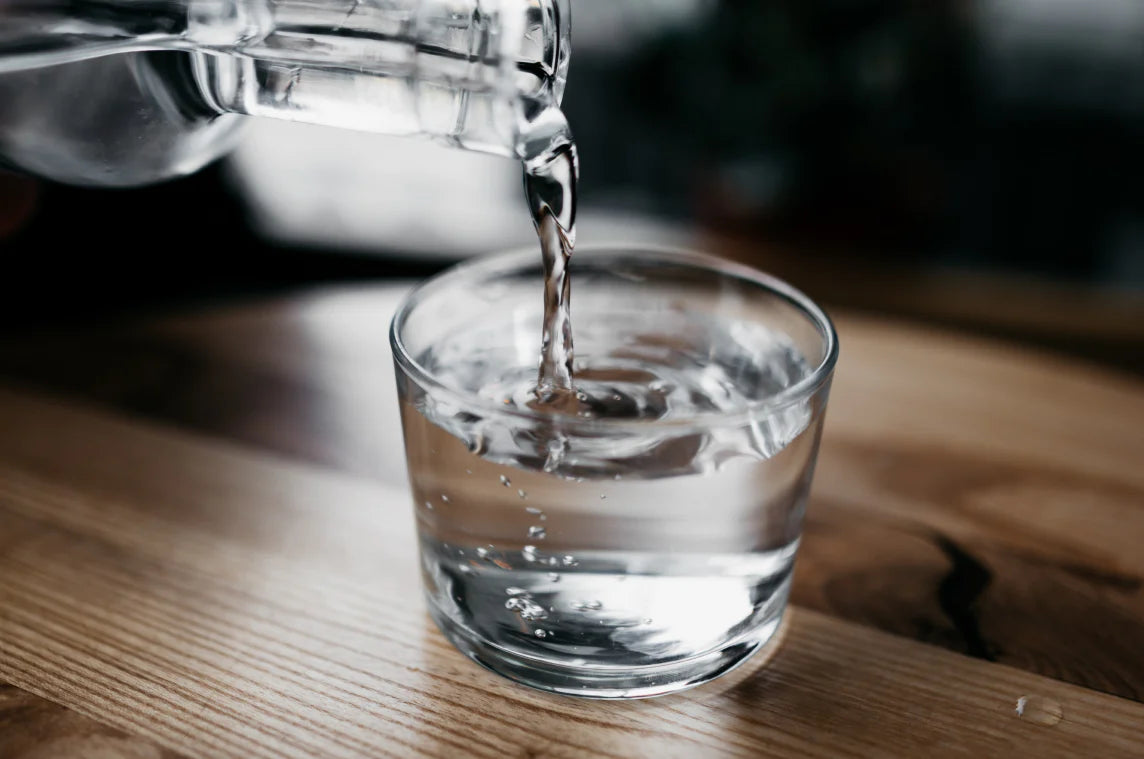At Better Waters, we believe that high performance water filtration resolves two important points that are otherwise in conflict:
- People need greater access to bottled-quality drinking water.
- We need to reduce the amount of plastic polluting our planet.
It’s not only the volume of plastic flowing into our streams and polluting our oceans. It's all the related costs and impact of distributing those bottles. In New York City, for example, every bottle of water consumed has to be trucked in, burning gallons of fossil fuels, and impacting traffic congestion and air quality.
The filters we offer reflect our commitment to supply technologies that have a material impact on the health of people, and our planet.
When choosing a water filter, here are two points to consider:
1. Do you want to use a dedicated faucet?
- Our CX9000 and TX9000 systems handle 0.5 gallon/minute and, in most cases, require a separate dispenser faucet.
- The XL7000 system handles more than 2 gallons/minute and can be installed directly into a cold water line to filter all the water. It can also be used with a dedicated faucet if you prefer.
2. What water quality factors do you need to manage?
Here is a table to help you compare:
|
Model |
XL7000 |
TX9000 |
CX9000 |
|
max flow rate, gallons / minute |
2.5 |
0.5 |
0.5 |
|
NSF-rated* longevity, gallons |
6000 |
500 |
1500 |
|
filtration degree, micron |
0.2 |
0.5 |
0.5 |
|
Chlorine taste and odor |
Yes |
Yes |
Yes |
|
Cryptosporidium and other parasites |
Yes |
Yes |
Yes |
|
Bacteria |
Yes |
||
|
Trihalomethanes (THMs) |
Yes |
Yes |
|
|
Volatile Organic Compounds, select |
Yes |
Yes |
|
|
Lead (also Copper, Zinc and Nickel) @ pH 6.5 |
>97.3% |
93% |
|
|
Lead (also Copper, Zinc and Nickel) @ pH 8.5 |
>97.3% |
96% |
|
|
Volatile Organic Compounds, full spectrum |
Yes |
||
|
Note: All values above are NSF-certified claims, except bacteria reduction, which is a claim supported by the manufacturer (3M). |
|||

Share:
In-depth essay: What to understand when choosing a filter for drinking water
6 Benefits of Filtered Tap Water